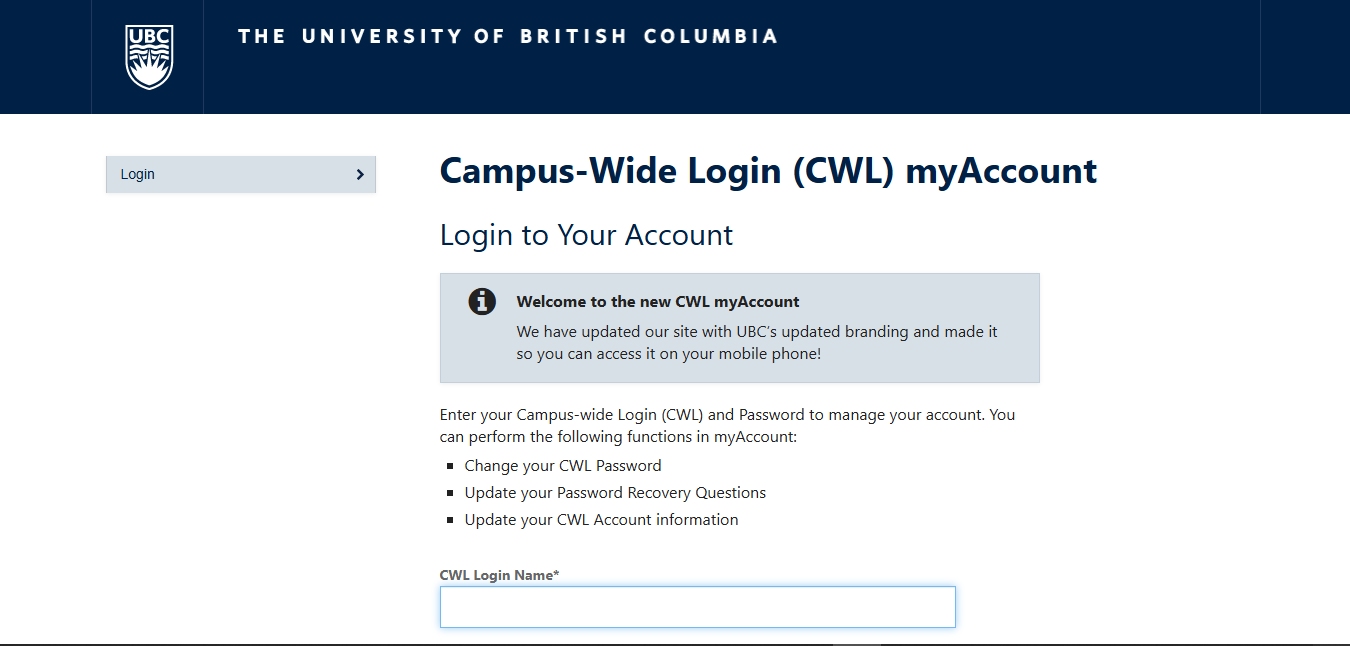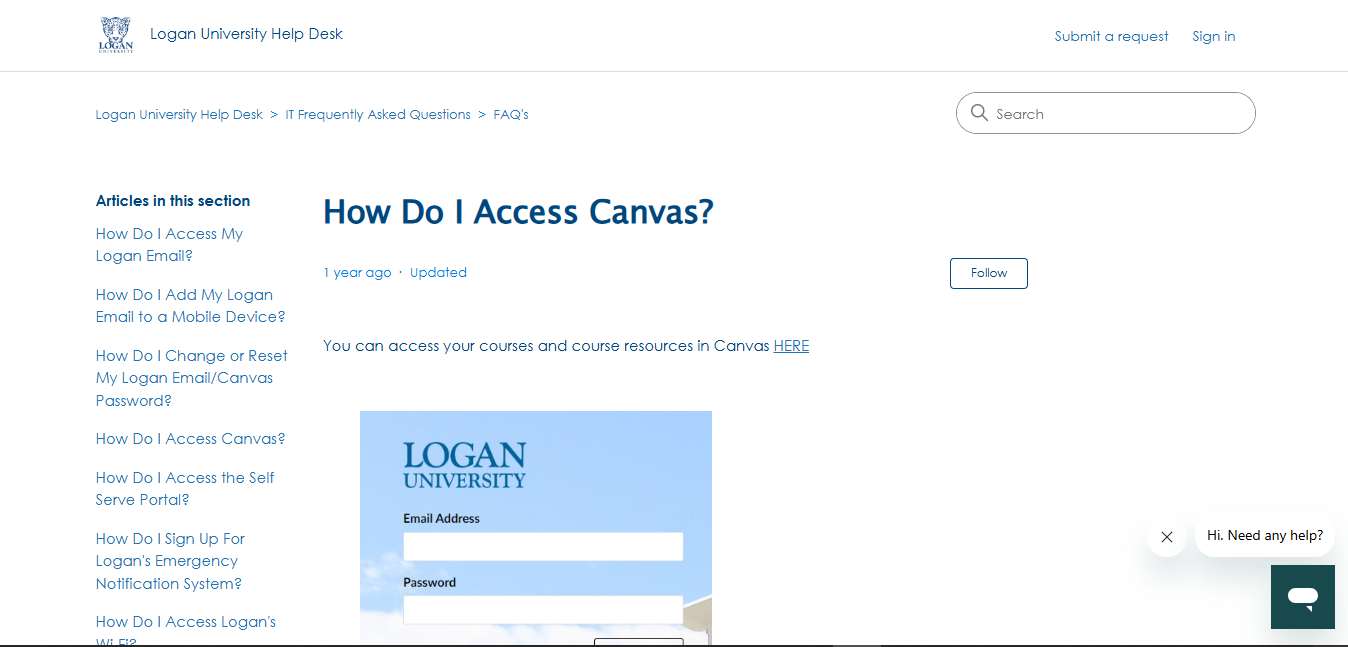Introduction Early Childhood Education – Early childhood education (ECE) is pivotal in shaping a child’s brilliant cognitive, social, and emotional development. It is the foundation upon which lifelong success is built. With increasing awareness of the remarkable benefits of early education, parents and educators are now prioritizing high-quality learning experiences for young children. But what exactly does early childhood education entail, and why is it so crucial?
What is Early Childhood Education?
Early childhood education refers to structured and engaging learning experiences designed for children from birth to around eight years old. It encompasses various dynamic programs such as preschool, kindergarten, and early elementary education, as well as exciting home-based learning initiatives. ECE focuses on fostering essential skills, creativity, problem-solving, and social interactions that set the stage for future brilliance.
SEE also the 6-3-3-4 System of Education Replaced by FG with New 12-4 Model, JSS & SSS Scrapped in Nigeria: 4 Amazing Strategies & Challenges in Transforming Nigeria’s Education System
What is Early Childhood Development Education?
Early Childhood Development Education (ECDE) refers to the structured learning and developmental experiences provided to young children from birth to around eight years old. It focuses on nurturing cognitive, social, emotional, and physical growth through age-appropriate educational activities.
Early childhood education plays a crucial role in ECDE by laying the foundation for lifelong learning. It involves play-based and interactive teaching methods that help children develop essential skills such as problem-solving, communication, creativity, and social interaction. Well-designed early childhood education programs support language development, numeracy skills, and emotional intelligence, preparing children for formal schooling.
By integrating early childhood education within development programs, ECDE ensures that young learners receive quality learning experiences in a supportive and stimulating environment, fostering a strong educational foundation for future academic success.
READ ALSO Admission, Progress, and Withdrawal School Register: 5 Shocking Truths and 19 Powerful & Ultimate Step-by-Step Approaches for Seamless Student Record-Keeping
10 Amazing Early Childhood Education Courses
Early childhood education (ECE) courses equip educators with the knowledge and skills needed to support young children’s development, learning, and well-being. Here are some key courses commonly found in ECE programs:
1. Child Development
This course explores the physical, cognitive, social, and emotional growth of children from birth to age eight. Educators learn about developmental milestones and how to create age-appropriate learning experiences.
2. Early Childhood Curriculum and Instruction
Focuses on designing and implementing engaging lesson plans for young children. It covers various teaching strategies, play-based learning, and hands-on activities to enhance literacy, numeracy, and social skills.
3. Classroom Management in Early Childhood Settings
Teaches techniques for creating a positive learning environment, maintaining discipline, and managing classroom routines effectively. This includes behavior management strategies and conflict resolution skills.
4. Health, Safety, and Nutrition
Covers best practices for maintaining children’s health and safety in early learning environments. Topics include first aid, hygiene, child nutrition, and emergency response planning.
5. Language and Literacy Development
Explores how young children acquire language skills and literacy. Educators learn methods to encourage reading, writing, storytelling, and communication skills in early learners.
6. Special Education in Early Childhood
Introduces strategies for working with children with diverse learning needs, including those with disabilities. The course covers inclusive education practices and individualized learning plans (IEPs).
7. Family and Community Engagement
Focuses on building strong relationships between educators, families, and communities. Educators learn effective communication techniques and ways to involve parents in a child’s learning process.
8. Play-Based Learning and Creativity
Examines the importance of play in child development and how it enhances learning. The course includes hands-on activities in art, music, and dramatic play to foster creativity.
9. Assessment and Observation in Early Childhood
Teaches methods for assessing children’s progress through observation, documentation, and standardized assessments. Educators learn how to use these tools to support individualized learning.
10. Technology in Early Childhood Education
Explores the integration of digital tools in early childhood classrooms, focusing on educational apps, interactive media, and age-appropriate screen time recommendations.
These courses provide a strong foundation for anyone looking to become an early childhood educator, ensuring they can support young children’s holistic development effectively.
Check out Mastering Mathematics: 6 Shocking Truth About Why People Struggle with Math—And 5 Simple Tricks to Master It Fast with Amazing Examples!
12 Amazing Early Childhood Care and Education (ECCE) Courses
Early Childhood Care and Education (ECCE) focuses on the overall development and well-being of young children, ensuring they receive proper care, stimulation, and education in their formative years. Below are some key ECCE courses:
1. Foundations of Early Childhood Care and Education
This introductory course covers the principles, philosophy, and importance of early childhood care and education, emphasizing holistic child development.
2. Child Growth and Development
Explores the physical, cognitive, social, and emotional development of children from birth to age eight, helping educators understand developmental milestones.
3. Health, Safety, and Nutrition for Young Children
Focuses on best practices for maintaining children’s health, safety, and proper nutrition, including first aid, hygiene, and creating safe learning environments.
4. Early Learning Theories and Approaches
Examines educational theories such as Montessori, Reggio Emilia, and Waldorf, providing insights into different teaching and caregiving methods.
5. Curriculum Planning and Implementation
Covers the development of age-appropriate lesson plans and learning activities for early childhood education settings.
6. Play-Based Learning and Creative Expression
Highlights the role of play in children’s learning and development, incorporating art, music, drama, and hands-on activities.
7. Language and Literacy Development in Early Childhood
Focuses on strategies to develop young children’s reading, writing, listening, and speaking skills through storytelling, phonics, and interactive learning.
8. Social-Emotional Learning and Behavior Management
Teaches techniques for fostering emotional intelligence, self-regulation, and positive behavior in young children.
9. Special Needs and Inclusive Education
Introduces educators to working with children with disabilities or learning differences, promoting inclusive education and individualized support plans.
10. Family and Community Engagement
Explores ways to build partnerships with families and communities, emphasizing the importance of parental involvement in early childhood development.
11. Observation and Assessment in Early Childhood
Covers techniques for assessing children’s development and learning progress through observation, documentation, and assessment tools.
12. Technology and Media in Early Childhood Education
Examines how digital tools, educational apps, and interactive media can be integrated into early learning environments responsibly.
These courses prepare caregivers and educators to provide high-quality early childhood education and care, ensuring young children have a strong foundation for lifelong learning.
The Importance of Early Childhood Education
- Cognitive Development
Early childhood education helps stimulate brain development, enhancing memory, language skills, and problem-solving abilities. Studies have shown that children who receive quality early education excel academically in later years.
Read more about cognitive development in early childhood
- Social and Emotional Growth
Through structured play and valuable interaction, young children learn essential social skills such as effective communication, cooperation, and profound They also develop strong emotional intelligence, which helps them manage feelings and build lasting relationships. - School Readiness
A well-structured early education program prepares children for formal schooling by introducing foundational concepts in literacy, numeracy, and critical thinking. - Long-Term Academic Success
Research indicates that children with a solid early education background tend to excel in school, leading to higher graduation rates and increased opportunities in higher education and employment.
Key Components of a Quality Early Childhood Education Program
- Qualified Educators
Teachers play a crucial role in delivering an effective ECE program. Well-trained educators use evidence-based teaching methods tailored to young learners. - Play-Based Learning
Play is a fundamental aspect of early education. It enhances creativity, problem-solving, and social skills while keeping children actively engaged in the learning process.
Discover the benefits of play-based learning
- Parental Involvement
A child’s learning experience is greatly enriched when parents actively participate in their education. Reading together, engaging in meaningful discussions, and encouraging curiosity are key to reinforcing classroom learning. - Safe and Stimulating Environment
A nurturing and safe learning environment fosters exploration and discovery, ensuring children feel secure while they learn.
Principal Actors in Early Childhood Education
- Government Bodies
Governments play a significant role in funding, policy-making, and curriculum development for early childhood education programs. - Educational Institutions
Schools, daycare centers, and preschools provide structured learning environments for children. - Teachers and Educators
Educators implement early learning strategies and directly influence child development. - Parents and Guardians
Family involvement significantly contributes to a child’s learning success. - Private Organizations and NGOs
Non-profit organizations and private institutions contribute funding, resources, and research to enhance ECE programs.
Roles of Government and Private Individuals in Early Childhood Education
Government Roles:
- Funding public early education programs
- Establishing policies and curriculum standards
- Ensuring equal access to quality education
- Training and supporting educators
Roles of Private Individuals:
- Providing financial support through scholarships and sponsorships
- Volunteering in early childhood education programs
- Raising awareness about the importance of ECE
- Establishing private institutions with innovative learning methods
SEE ALSO How to Use ChatGPT for Weekly Lesson Notes: 10 Powerful Steps to Achieve Flawless Lesson Plans Like a Pro!
Frequently Asked Questions (FAQs)
- Why is early childhood education important?
ECE lays the foundation for lifelong learning, cognitive development, and social skills. - At what age should a child start early education?
Children can start as early as infancy, but structured programs typically begin between ages 2-5. - What are the main challenges in early childhood education?
Lack of funding, accessibility, inconsistent curriculum, and insufficient trained educators are key challenges. - How can parents support early childhood education?
Parents can read with their children, encourage curiosity, and actively engage in their learning process. - What role does play have in early childhood education?
Play-based learning enhances creativity, problem-solving, and social skills, making it an essential component of ECE.
The Future of Early Childhood Education
The future of early childhood education lies in increased investment, innovative teaching approaches, and enhanced accessibility. Governments, educators, and parents must collaborate to ensure every child has access to high-quality early education programs.
Conclusion
Early childhood education is a crucial stepping stone in a child’s academic and personal journey. By investing in quality learning experiences from a young age, we equip children with the skills necessary for future success. Prioritizing ECE will create a generation of well-rounded individuals who positively impact society.
Learn more about the importance of early education





